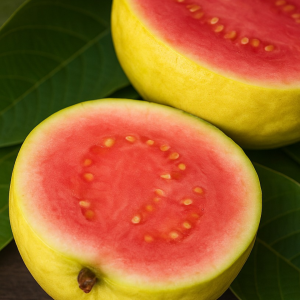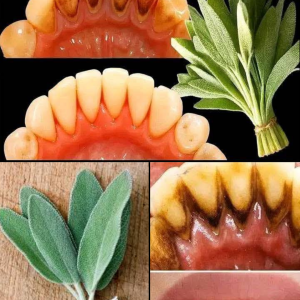
Uncover how grapes and prunes can support lower cholesterol and help fight age-related muscle decline, promoting greater overall health
Millions of people across the globe face the challenges of high cholesterol and the gradual loss of muscle mass that comes with aging. Interestingly, grapes—a favorite fruit for many—have been found to offer benefits for both heart and muscle health. Including them in your everyday diet may provide a natural boost to cardiovascular and muscular wellness.
A study conducted by the University of California and published in Nutrients found that just 10 grams of grapes a day can significantly reduce levels of low-density lipoprotein (LDL), or “bad” cholesterol. The research also noted a positive impact on gut microbiota diversity, which plays a vital role in supporting metabolic health.

In another study published in Foods by Western New England University, scientists discovered that grapes can influence the activity of genes responsible for muscle growth and maintenance.
Regular grape consumption was shown to stimulate genes that promote lean muscle development while downregulating those tied to muscle decline. These findings are particularly important for older individuals who are more susceptible to sarcopenia, the natural loss of muscle mass and strength with age.
Grapes are made up of about 80% water, making them both hydrating and nutrient-rich. Depending on the type, they contain different beneficial compounds:
- Red grapes are rich in anthocyanins and resveratrol, compounds recognized for their antioxidant, anti-inflammatory, and potential anticancer effects.
- Green grapes contain quercetin, a strong antioxidant with protective benefits.
In addition to these, grapes offer a good source of fiber, vitamins C and K, and essential minerals such as potassium, magnesium, iron, and phosphorus.

Grapes and Nutrigenomics: How They May Influence Gene Function
One particularly exciting finding from recent research is the nutrigenomic potential of grapes—their ability to affect how certain genes operate. Beyond offering nourishment, grapes might also influence genes related to muscle strength and fat metabolism. Experts point out that while grapes aren’t a replacement for exercise, eating them regularly can enhance the positive effects of an active lifestyle.
Prunes, too, have proven to be highly beneficial, especially for those over the age of 45. In a study published in the Journal of Medicinal Food (November 2021), prunes were linked to several key health improvements, including:
- Better cholesterol levels
- Enhanced antioxidant protection
- Reduced inflammation
Additionally, the study highlighted higher levels of IGF-1 (insulin-like growth factor 1), a hormone vital for supporting bone health and preserving muscle tissue.

What Prunes Offer for Health:
- Help regulate appetite, contributing to weight control
- Improve digestive health and help prevent constipation
- Provide vital nutrients such as iron, copper, magnesium, and vitamin K
- Aid in balancing the body’s pH and supporting metabolic function
- Help stabilize blood sugar due to their combination of fiber and sorbitol
Incorporating grapes and prunes into a nutritious diet alongside regular physical activity can offer tangible support for aging well, helping to preserve both heart and muscle health in the long term.




